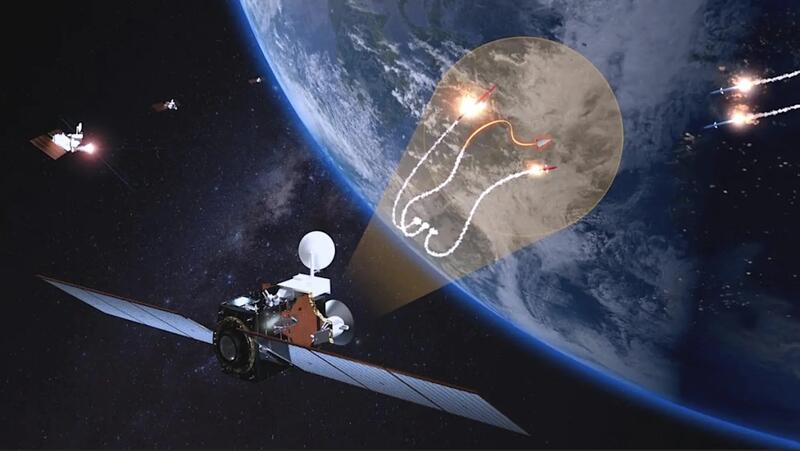
Ibadan, 19 February 2024. – EpiSci has announced an SBIR Phase II contract with the Space Development Agency (SDA) to advance the capabilities of low earth orbit (LEO) overhead persistent infrared (OPIR) sensors. This effort builds on EpiSci’s efforts in signal processing technology using artificial intelligence (AI)/machine learning (ML) techniques to provide warfighters a competitive advantage.
At Mach 10, a hypersonic weapon can reach the U.S. homeland in less than an hour. As emerging threats continue to push the bounds of flight speeds, the US Department of Defense (DoD) is increasing demands to maintain superior counter technologies, including the ability to detect, track, and classify hypersonic targets for its early warning defense systems. Tracking a threat traveling at Mach 10 requires the collaboration of several satellites designed to accurately detect, classify, track, and predict the trajectory of targets. This problem increases with the fact that defense systems must be able to maintain custody of an increasing number of moving objects.
As a result, EpiSci’s modular Tactical AI aims to address these emerging challenges by delivering AI/ML-enhanced algorithms for rapid, low-latency detection, classification, and predictive tracking at the edge. These emerging systems will be able to intelligently focus resources on objects of interest and adapt to never-before-seen targets. EpiSci is also partnering with Raytheon Missile Systems to provide representative training and evaluation datasets of hypersonic targets in complex environments.
EpiSci’s autonomy software is technology agnostic, operationally informed, tactically relevant, and has piloted numerous uncrewed aerial systems and tactical fighter aircraft. Additional applications include crewed-uncrewed teaming for air dominance, cognitive sensors, networks for advanced communications systems, and battle management command and control for informed decision-making. As a result, EpiSci aims to deliver unmatched speed, cost-efficiency, and scalability as the preferred partner for defense agencies & industry teams seeking mission-critical autonomy solutions.
 SpaceWatch.Global An independent perspective on space
SpaceWatch.Global An independent perspective on space




